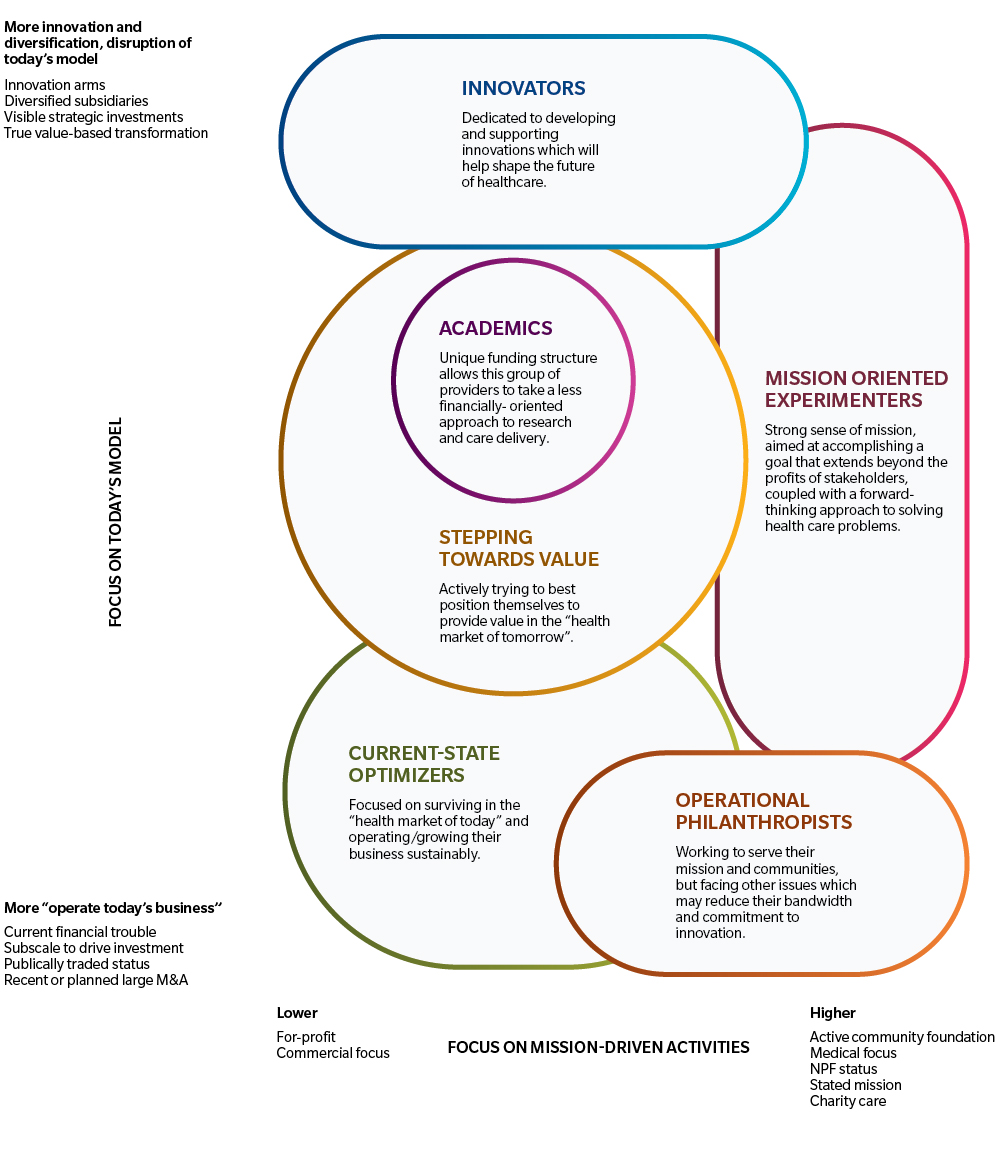At the Robert Wood Johnson Foundation (RWJF), one of our guiding principles is that we seek bold and lasting change rooted in the best evidence, analysis and science openly debated. As a result, we fund innovative and rigorous research with talented people across the country. On the one hand, we’ve seen tremendous success where this type of research has led to widespread adoption of evidence-based models that ensure patients get the care and services they need. On the other, we’ve seen where momentum around potentially transformational efforts stalls because important findings failed to reach or influence the people who can drive the needed change.
Researchers don’t want their hard work to fall short, so when important findings fail to make progress, what gets in the way? In a Health Affairs blog post, AcademyHealth member Nancy C. Yedlin M.P.H., vice president at the Donaghue Foundation, offered the following answer: “Many researchers want to have their efforts applied to actual practice, but they often lack the skill or the resources to frame their findings in ways that are relevant for health care leaders and practitioners. Most research grants that provide the primary support for the work of academics don’t allow money from such grants to be used for the kinds of activities that may increase the marketability of findings and ease their incorporation into practice.” Thus, much of the research produced today tends to remain focused on an academic pursuit versus the business principles (e.g. financial impact) that will draw industry partners’ interests and partnership.
In partnership with the global management consulting firm Oliver Wyman, RWJF has developed a simple framework to start to address some of these challenges. It’s aimed at helping researchers maximize their chances of success by shaping their work for impact from the very beginning.
The framework we’ve developed will help researchers:
- Take a more extensive view of their network and potential partners
- Test assumptions and think about framing, angles, impact, and metrics when considering pilots and designing research in the health care space
- Identify attributes of organizations that may be most open to partnering on specific topics
- Help position projects for maximum interest / potential takeup by the types of organizations researchers are seeking to influence
As illustrated in the figure below, the framework is built along two dimensions: a potential partners’ (1) focus on mission-oriented activities and (2) movement away from today’s predominantly fee-for-service health care system. These two dimensions are explained in our full report on the framework, which also includes a set of six distinct, easy to understand payer / provider profiles. The framework differentiates payers and providers based on interests, priorities, and how one might engage them as a potential partner. As a researcher interested in, say, developing a new model of integrated care, I might use this framework to: 1) identify which major health care system in the Northeast would be most interested in working with me, and what messages to hone in on when reaching out to them; and 2) understand which outcomes are going to be most important to the kind of health plan I would like to see make an investment in this model if it is successful.

As an implementation of this framework, a list of representative payers and providers is available here through the Robert Wood Johnson Foundation. It’s important to note that this is not an exhaustive list of all payers and providers, and that the organizations may move along either axis as their strategic priorities and competitive positions evolve.
We encourage researchers to use the framework report to fully understand the characteristics and potential opportunities that each archetype/profile offers, as described in a companion blog post here. Payers and providers across the framework represent great partnership opportunities – the approach to partnership (or the topical areas of interest) may just be a bit different.
We invite you to apply the framework and share your experience and feedback by commenting (to do so, please create a free profile by clicking on the Member Log In link in the top right menu bar of this site) or emailing mknight@rwjf.org.
The opinions expressed in this blog post are the authors’ own and do not necessarily reflect the view of AcademyHealth.
Organizational Affiliates are a critical link in AcademyHealth’s ability to effectively advocate for the field, and support the future field of health services researchers. Organizational Affiliates gain visibility among AcademyHealth membership, enjoy unique networking opportunities, and benefit from event discounts. Click here to learn more.